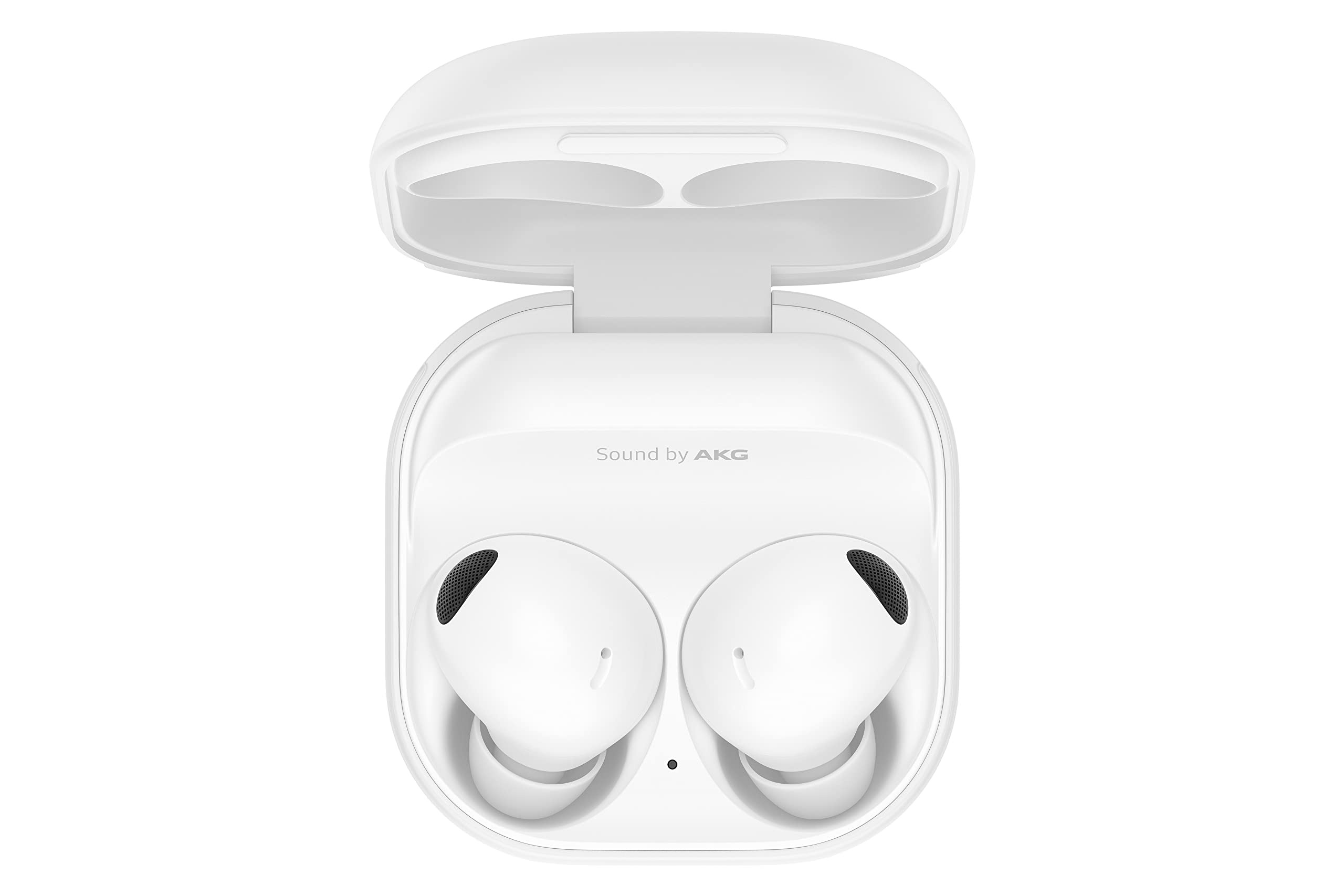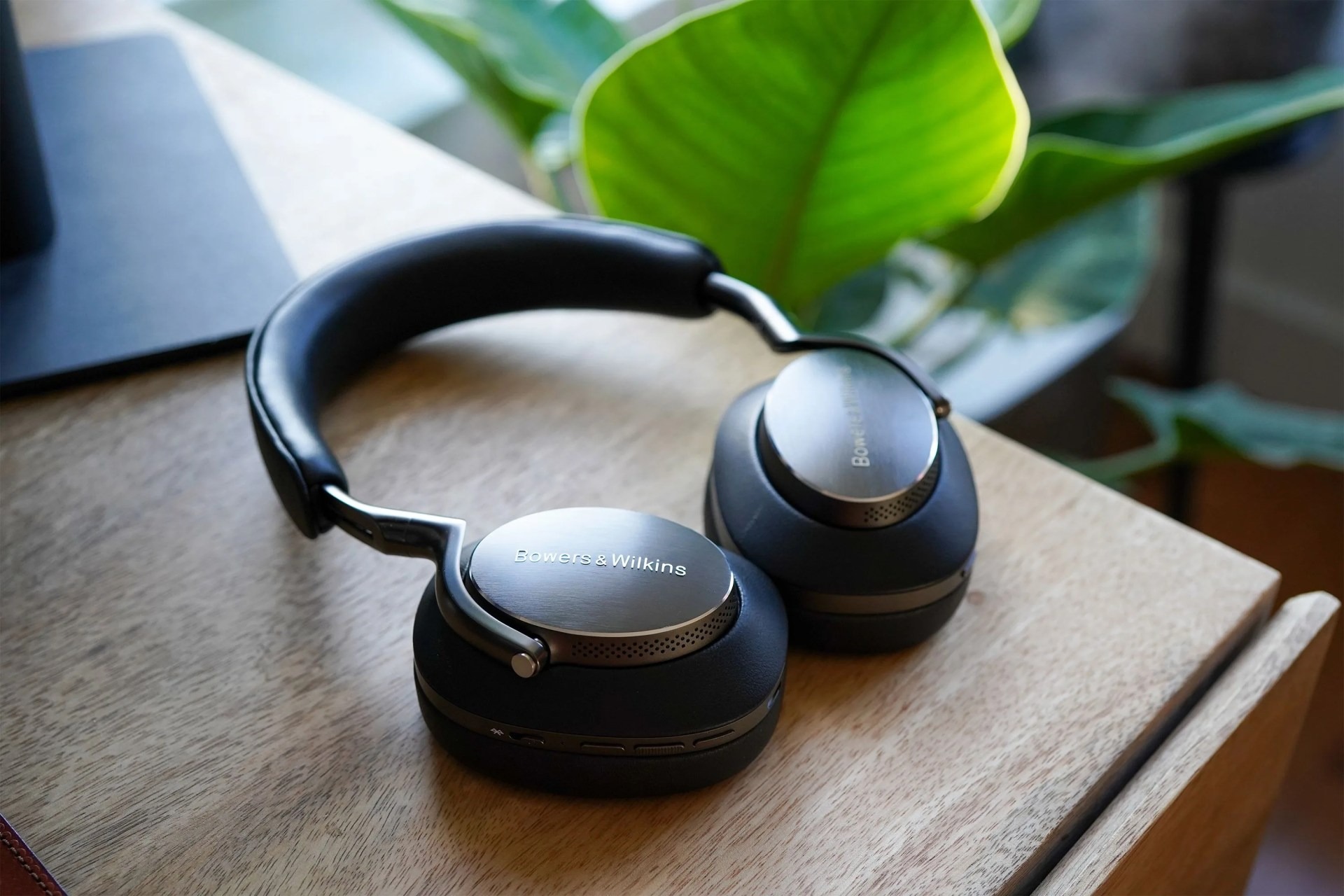How AI is Transforming the Sound Experience: The Future of Headphones, Earbuds, and Beyond
Artificial Intelligence (AI) is revolutionizing the way we interact with sound, from personalized listening experiences to groundbreaking advancements in hardware like headphones and earbuds. With AI-powered algorithms, what once seemed futuristic is quickly becoming a reality, enhancing audio quality, optimizing patterns, and even predicting preferences. This transformation not only benefits individual users but also impacts industries ranging from entertainment to financial markets. Here’s how AI is reshaping the sound experience and what it means for the future of audio technology.

AI and Sound: A Match Made in Technology Heaven
At its core, AI excels in recognizing patterns and making predictions based on data. When applied to sound, AI algorithms can analyze user preferences, track behaviors, and optimize audio output in real-time. This leads to a more immersive, tailored listening experience, where everything from music to podcasts is delivered with enhanced clarity and personalization. With AI, the technology in your headphones or earbuds learns your preferences over time, automatically adjusting sound quality and volume based on your environment or even your emotional state.
For example, algorithms can adjust audio to filter out background noise, enhance the quality of live music, or even adapt to the acoustics of a room. In trading sound for silence, AI-driven noise-cancellation has reached new heights of accuracy, minimizing lag and offering a real-time shield from external noise.

The Impact on Headphones and Earbuds
AI-powered headphones and earbuds are on the cutting edge of this transformation. Companies are embedding sophisticated AI systems into their hardware, enabling real-time audio optimization that learns from the user’s behavior. As these systems evolve, we can expect headphones and earbuds to:
- Improve Noise Cancellation: AI algorithms in devices like Sony’s WH-1000XM series and Apple’s AirPods Pro already enhance noise-cancellation by detecting and eliminating specific frequencies of background noise with remarkable accuracy. These systems analyze ambient sounds and predict patterns to create a lag-free experience.
- Personalized Audio: With AI, the future of headphones and earbuds will be hyper-personalized. They will be able to adapt based on the type of content you’re consuming, whether it’s an audiobook, music, or a phone call. AI can even adjust for hearing conditions, allowing users to fine-tune their audio experience without manual inputs.
- Predictive Sound Adjustment: Algorithms that can predict changes in sound patterns will optimize audio for different environments. Whether you’re moving from a crowded street to a quiet room, AI will detect the change and instantly adjust the sound balance, keeping the experience seamless.

AI in the Financial World: Trading Algorithms and Beyond
But the implications of AI in sound don’t stop at consumer devices. In the financial world, AI-driven trading bots are using pattern recognition to generate profits worth billions. These bots utilize sophisticated algorithms that can scan massive datasets, identify winning patterns, and make trading decisions with incredible accuracy.
While there is often concern over “lag” in financial markets, AI is mitigating this risk by enhancing the speed and efficiency of trades. In the same way AI algorithms can detect changes in sound patterns, they can predict market trends, enabling traders to profit from minimal delays.
This overlap of technology—whether used in creating seamless soundscapes or executing profitable trades—demonstrates the profound impact of AI-driven accuracy in recognizing and acting on patterns.
The Future of Audio Tech: AI’s Expanding Role
As AI continues to evolve, the future of audio technology looks increasingly promising. With billions being invested in research, we’re likely to see a wave of innovations that further enhance how we experience sound. This could include:
- Adaptive Soundscapes: Imagine walking through a city while your earbuds automatically adjust the sound balance to block out honking cars, while allowing you to hear an approaching cyclist. This kind of real-time adaptation, powered by AI, would lead to safer, more immersive listening.
- Health Monitoring Through Sound: AI in future devices could go beyond entertainment, using sound waves to monitor health metrics like heart rate, breathing patterns, and stress levels. AI algorithms could detect anomalies, alerting you to potential health risks.
- Multi-Sensory Experiences: By integrating sound with other sensory experiences, such as touch and sight, AI could create immersive environments for gaming, virtual reality, and even education.
Conclusion
AI’s role in transforming how we experience sound is only just beginning. As it optimizes patterns in sound delivery, whether for personal listening or financial trading, its impact on technology is profound. From noise-canceling headphones to adaptive earbuds and even trading bots, the future is one where AI will enhance accuracy, eliminate lag, and provide winning solutions that bring us closer to the next evolution in audio technology. In an industry driven by innovation, AI is the key to unlocking billions in potential profits and groundbreaking consumer experiences.




Post Comment